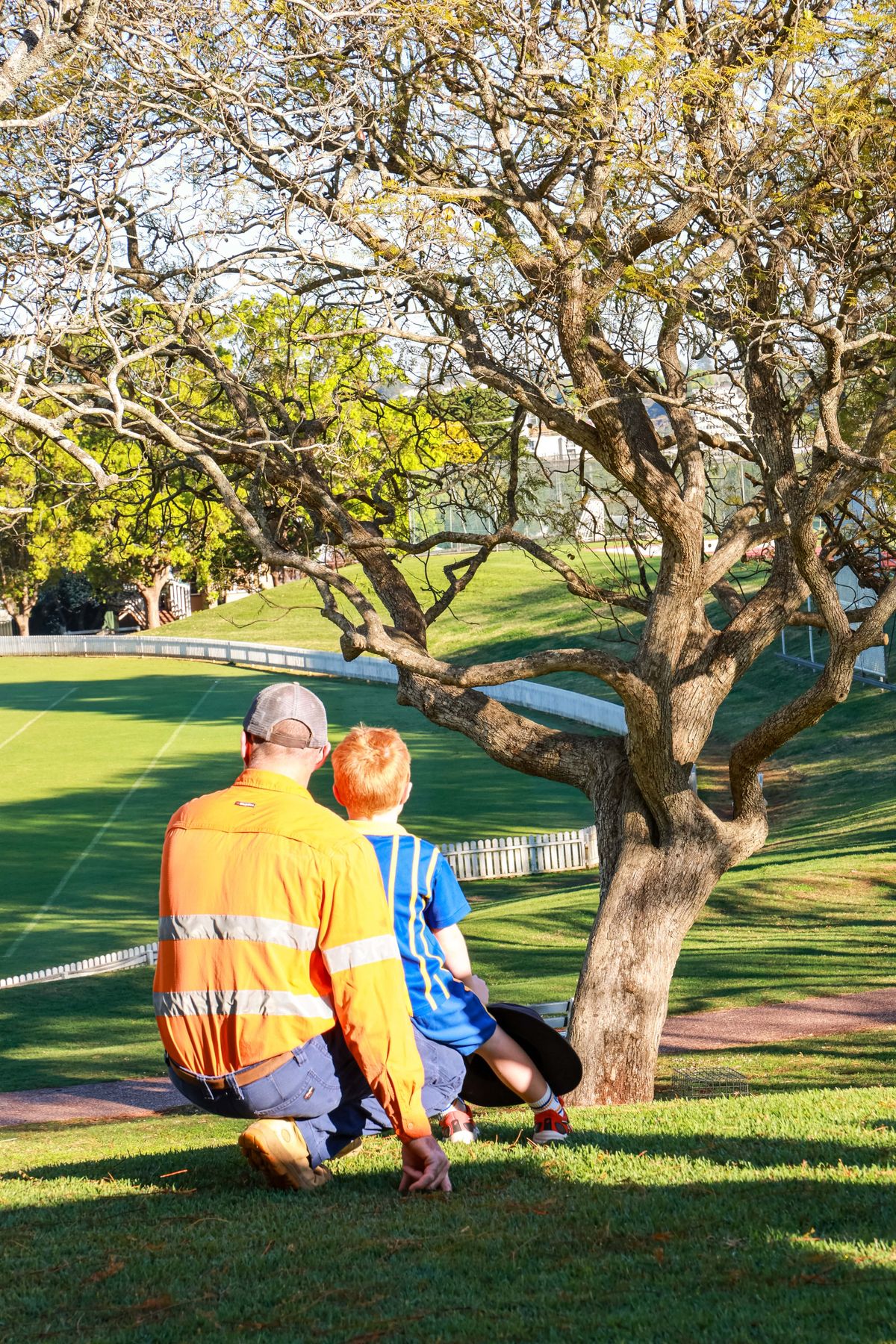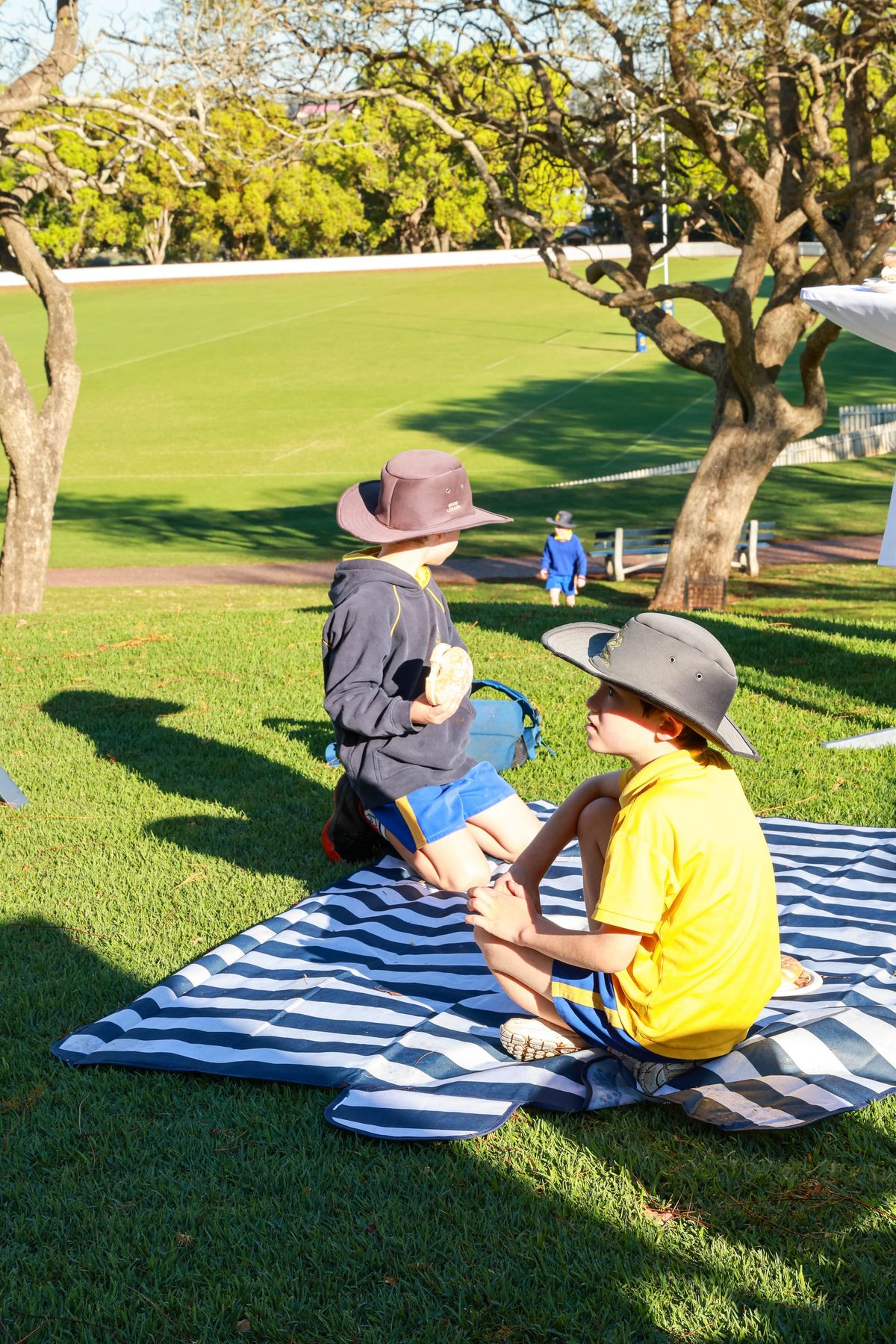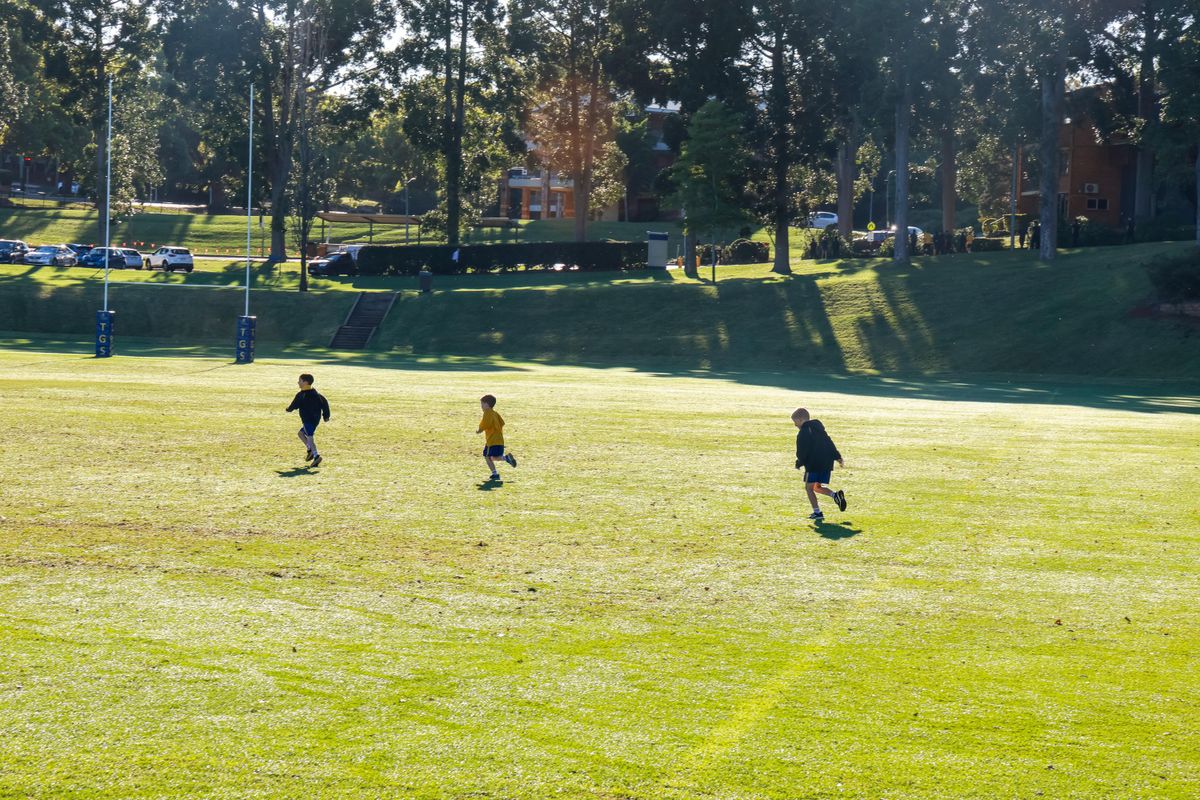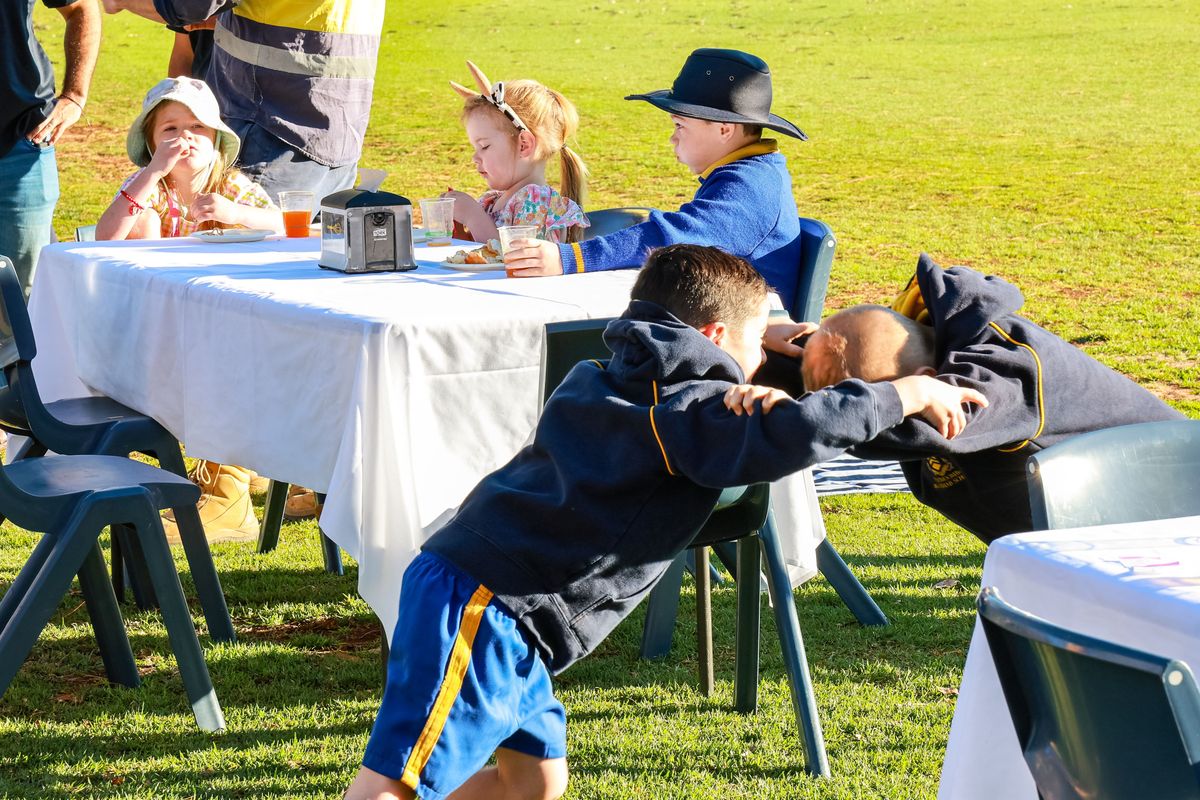At Toowoomba Grammar School, recognising the diverse personality types of our students and implementing effective behaviour management strategies are vital for fostering a supportive educational environment. This article explores how integrating personality theories, particularly the Five-Factor Model (FFM), can enhance our approach to student support and behaviour management. We also discuss the benefits of combining behaviourism with positive behaviour frameworks and offer practical advice on tailoring our strategies to better support our boys.
The Role of Personality in Supporting Boys
Personality traits significantly influence how boys at Toowoomba Grammar School interact with peers, respond to academic challenges and engage in school activities. The Five-Factor Model (FFM) provides a comprehensive framework by assessing traits such as openness, conscientiousness, extraversion, agreeableness and neuroticism (Costa & McCrae, 1992). For instance, boys high in conscientiousness often exhibit strong organisational skills and self-discipline, leading to better academic performance and behaviour. Conversely, boys with high levels of neuroticism may experience heightened emotional sensitivity, impacting their engagement and performance.
Neuroticism, often perceived negatively, encompasses a broad spectrum of emotional responses. While individuals with high levels of neuroticism may experience challenges such as heightened anxiety or mood fluctuations, they also tend to have a heightened emotional awareness. This sensitivity can foster greater empathy and a deeper understanding of both their own emotions and those of others. By acknowledging the strengths and weaknesses of personality traits, we can move beyond the stigma typically associated with negative perspectives and focus on supporting students in managing their emotions effectively and leveraging their self-awareness in a positive way.
Understanding Neuroticism
Neuroticism encompasses facets such as anxiety, anger, depression, self-consciousness and vulnerability. Anxiety reflects a tendency to experience worry, which can impact stress management but also indicate heightened awareness of potential challenges. Anger involves experiencing frustration or irritation, which can be managed through coping strategies. Depression includes feelings of sadness but can also prompt greater self-awareness and empathy. Self-consciousness relates to heightened awareness of social perceptions, useful for building strong interpersonal skills. Vulnerability refers to sensitivity to stress but also presents an opportunity to develop resilience and coping mechanisms.
Understanding these facets allows us to tailor our approaches to meet each student's unique needs. For example, individuals high in openness to experience may be more prone to experimenting with alcohol and other substances due to their curiosity and desire for novel experiences. Their inclination to seek out new and stimulating activities can lead to risky behaviours, including substance use, as part of their quest for new sensations. Additionally, their tendency to overthink and experience intense emotions can contribute to impulsivity and challenges with moderation, increasing the likelihood of experimenting with alcohol. By understanding young people's unique personality traits, we can accommodate their differences and create a more supportive learning environment. While personality traits are relatively stable, they can be influenced and guided with the right support, enabling students to thrive in various educational settings.
Limitations of Traditional Behaviourism
Alternatively, traditional behaviourism focuses on observable behaviours and external stimuli, such as reinforcement and punishment (Skinner, 1953). While effective for modifying specific behaviours, it often overlooks internal factors like personality traits and cognitive processes (Bandura, 1977). For example, a behaviourist approach might address a student's disruptive behaviour with disciplinary measures without considering underlying traits like anxiety or low conscientiousness that contribute to the behaviour.
At Toowoomba Grammar School, we balance behaviourism with a nuanced understanding of our boys' needs. An authoritative approach—characterised by warmth, structure, and responsiveness—proves more effective for behaviour management than authoritarian-punitive approaches, which rely heavily on strict rules and obedience to authority (Baumrind, 1966; 1991). Authoritative methods guide students with clear expectations and supportive feedback with leading to better academic and social outcomes while fostering respect and positive relationships.
Integrating Positive Behaviour Frameworks
Combining insights from personality theories with traditional behaviour management approaches can lead to more effective and individualised support for our boys. Positive Behaviour Interventions and Supports (PBIS) and similar frameworks offer proactive methods for teaching and reinforcing desirable behaviours. These frameworks focus on prevention and positive reinforcement rather than punitive measures. Research shows that while punishment can suppress undesirable behaviour temporarily, it does not teach alternative, desirable behaviours (Horner et al., 2009; Skinner, 1953).
At Toowoomba Grammar School, we implement strong behavioural expectations by defining, teaching and reinforcing appropriate behaviours across various school settings. We set clear behavioural expectations, provide regular feedback and use positive reinforcement to encourage compliance and engagement (Sugai & Simonsen, 2012). This approach not only addresses problematic behaviours but also builds a positive school climate where boys are motivated to behave appropriately due to the support, recognition and rewards, they receive.
Exploring Personality Types Among Our Boys
Understanding different personality types helps us tailor our support strategies. The FFM identifies five broad traits: openness, conscientiousness, extraversion, agreeableness and neuroticism. Each trait influences behaviour and learning differently:
- Openness to Experience: Boys high in openness may thrive in creative and exploratory learning environments. They might excel in subjects that encourage innovation and independent inquiry, such as art or science projects.
- Conscientiousness: Boys with high conscientiousness often display strong organisational skills and a diligent work ethic. They are likely to perform well in structured environments with clear goals and deadlines, such as research papers or detailed assignments.
- Extraversion: Extraverted boys may thrive in group activities and leadership roles, while those with lower extraversion might prefer independent work and require more time to engage in discussions.
- Agreeableness: Boys who score high in agreeableness are typically cooperative and empathetic. They might excel in group work and conflict resolution, helping to maintain a positive group dynamic.
- Neuroticism: Boys with high levels of neuroticism might experience higher anxiety and stress. They may need additional support and coping strategies, especially during high-pressure situations like exams or public speaking.
Considering Personality Types and Situational Factors
Situational factors interact with personality traits to influence behaviour and performance. For example:
- Classroom Environment: a student high in openness might struggle in a highly structured classroom but excel in a flexible, creative learning environment.
- Teaching Style: boys with high conscientiousness might respond positively to teachers who provide clear instructions and structured assignments, while those less conscientious may need more support and guidance.
- Peer Interactions: extraverted boys might thrive in group activities, while introverted boys may perform better in quieter, individual settings.
- Stress and Anxiety Levels: boys with high neuroticism might benefit from supportive environments and stress management strategies during exams and high-pressure situations.
Practical Tips for Parents and Educators
For parents, understanding their child's personality type can be highly beneficial in providing tailored support at home. Knowing that a child is high in conscientiousness might lead parents to involve them in tasks requiring organisation and planning. Conversely, a child with high neuroticism might benefit from additional emotional support and coping strategies.
Personality assessments can be a fun and informative way for parents to understand their child's traits and preferences. However, it is important to use these assessments with caution, as social desirability bias and the risk of oversimplifying complex behaviours can affect accuracy (Hogan & Ones, 1997). Therefore, personality tests should be used alongside other strategies to ensure a comprehensive understanding of each student's unique needs.
Seeking Professional Support
For boys struggling with behavioural or emotional challenges, seeking support from a school counsellor can be highly beneficial. School counsellors at Toowoomba Grammar School are trained to address a wide range of issues, from academic difficulties to emotional and behavioural concerns. By incorporating personality insights into their practice, counsellors can develop tailored interventions that consider both internal traits and external factors. This holistic approach helps address the root causes of behavioural issues and supports our boys in achieving their full potential.
In conclusion, understanding personality types and integrating these insights with traditional behaviour management approaches can lead to more effective and individualised support for our boys at Toowoomba Grammar School. By considering both internal traits and external factors, we can create a more inclusive and supportive educational environment. For additional support, consulting with a school counsellor can provide tailored interventions that address individual needs and promote positive outcomes.
Lyle Gothmann
School Counsellor
Telephone: (07) 46872 627
Email: L.Gothmann@twgs.qld.edu.au
References
Baumrind, D. (1966). Effects of authoritative parental control on child behaviour. Child Development, 37(4), 887–907. https://doi.org/10.2307/1126611
Baumrind, D. (1991). The influence of parenting style on adolescent competence and substance use. Journal of Early Adolescence, 11(1), 56–95. https://doi.org/10.1177/0272431691111004
Bandura, A. (1977). Social learning theory. Englewood Cliffs, NJ: Prentice Hall. https://www.asecib.ase.ro/mps/Bandura_SocialLearningTheory.pdf
Costa, P. T., Jr., & McCrae, R. R. (1992). Revised NEO Personality Inventory (NEO-PI-R) and NEO Five-Factor Inventory (NEO-FFI) professional manual. Psychological Assessment Resources.
DeYoung, C. G., Hirsh, J. B., Shane, M. S., Papademetris, X., Rajeevan, N., & Gray, J. R. (2010). Testing predictions from personality neuroscience: Brain structure and the big five. Psychological Science, 21(6), 820–828. https://doi.org/10.1177/0956797610370159
Hogan, R., & Ones, D. S. (1997). Conscientiousness and integrity at work. In R. Hogan, J. Johnson, & S. Briggs (Eds.), Handbook of personality psychology (pp. 849–870). New York: Academic Press.




















































